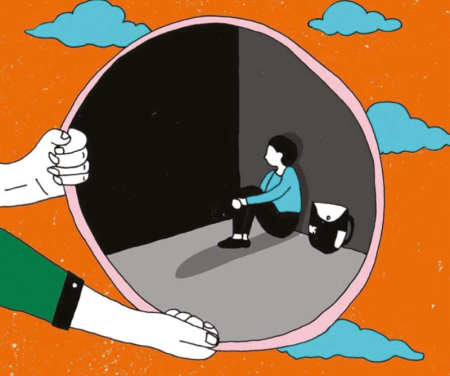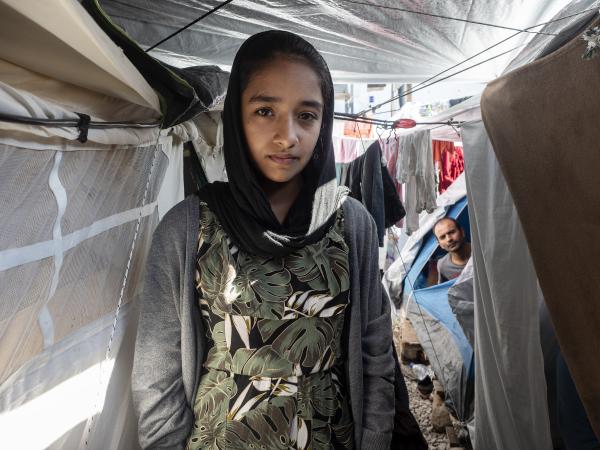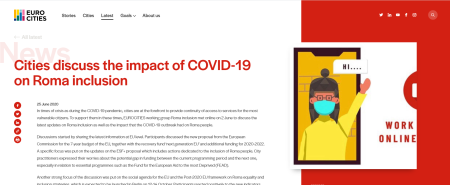
On 6th of September, the European Commission published the 2019 annual report on the implementation of national Roma integration strategies, summarizing action taken in education, health, housing and discrimination.
Unfortunately, there are no reliable numbers to estimate the Roma population is EU, as official figures usually underestimate their number. The Council of Europe estimated to 11.3 million Roma citizens in EU, based on the average of maximum and minimum estimations. This suggests that 7-10% of the population are Rome in Bulgaria, Hungary, North Macedonia, Romania, Serbia, and Slovakia.
Before Central and Eastern European countries joined EU in 2004, there were no objectives to reduce the gaps between Roma and the majority populations. According to the report, Western Balkans countries have geared up their ambitions beyond expectations and mandate and endorsed the same Roma inclusion objectives and working methods as Member States. “Solid and sustainable improvements on Roma integration are necessary to progress towards the EU.”
EU countries did the most in the area of education against Roma exclusion. A number of measures are in place now, like to limit early school-leaving of Roma children.
“Now, 90% of Roma children attend primary and lower secondary school. This is an encouraging step towards promoting the integration of the Roma in society. Still, a lot remains to be done to help Roma integrate fully in society, in particular on access to public utilities, decent housing, employment and healthcare, “ said Vera Jourová, Commissioner for Justice, Consumers and Gender Equality.
Education still has many improvement areas. The early drop-out rates of Roma kids are lower, but segregation and the highest achieved education level is still worrying.
- Segregation is still high as 13 % of Roma pupils attending schools where all pupils are Roma and 33 % where most pupils are Roma.
- The highest achieved education is awful as well:
- 14% have not finished primary school,
- 29% completed primary,
- 38% achieved lower secondary,
- And only 18% have achieved an upper secondary, vocational or post-secondary education.
“Since the start of the EU Framework for National Roma Integration Strategies in 2011, Member States have clearly not done enough; some have not developed any of the promised targeted measures. There is a growing employment gap between Roma and non-Roma that is mainly a consequence of segregation, low-quality education and racism in recruitment,” said Gabriela Hrabanova, director of the European Roma Grassroots Organisations (ERGO) Network.
She added that “infringement procedures of the European Commission against the Czech Republic, Hungary and Slovakia concerning segregation in education have not brought any results. Above all, structural anti-gypsyism has not been addressed in most Member States. A lot of commitment and action from decision-makers are needed to achieve more equality for Roma in the coming years.”




















